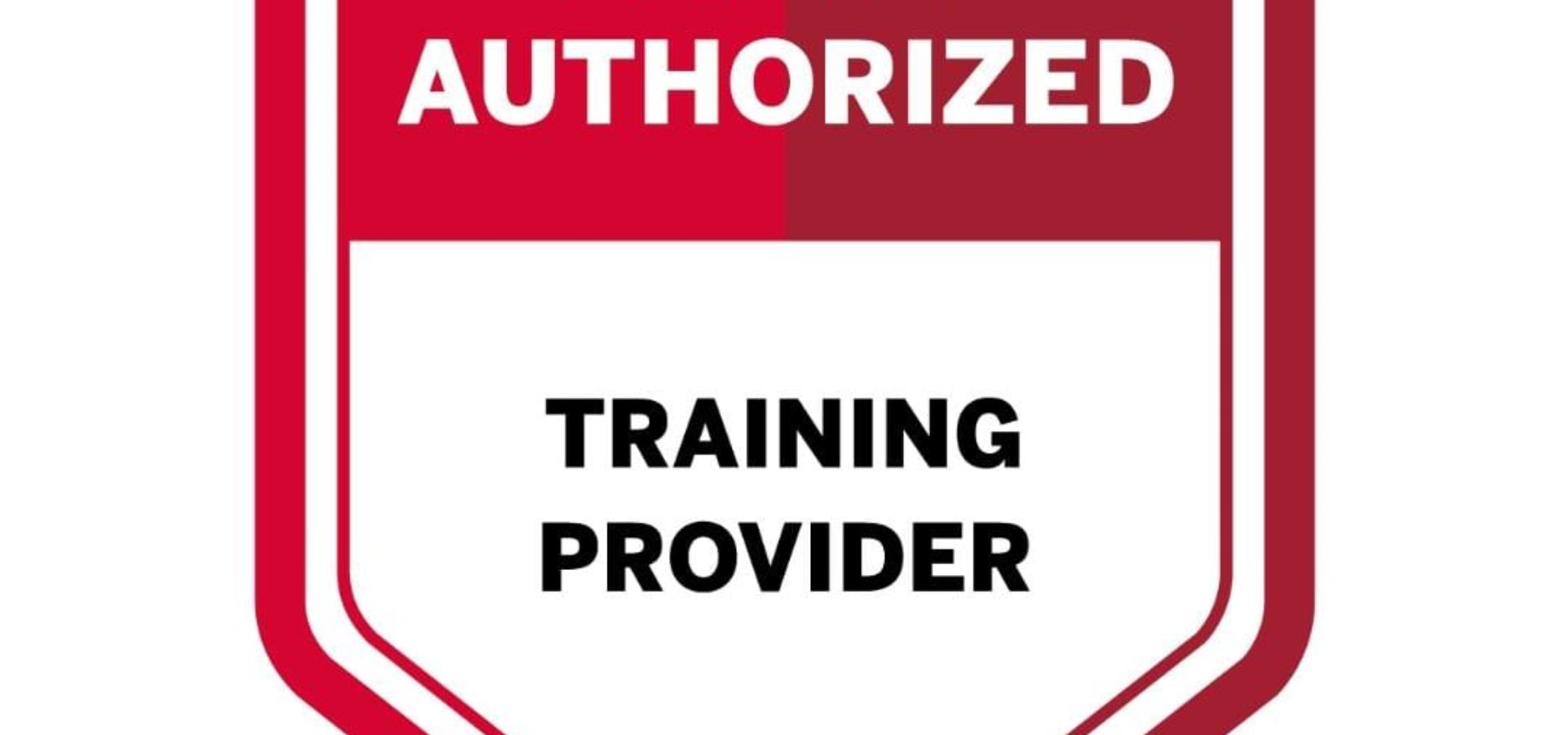Airline Baggage Handler

Enrolling in an Airline Baggage Handler course can offer individuals a range of benefits, as it equips them with the essential skills and knowledge required for effective baggage handling operations at airports
Handling procedures Baggage Handler courses provide comprehensive training on the proper procedures for loading, unloading, and transporting baggage to and from aircraft. This includes understanding weight distribution, balance considerations, and the use of specialized equipment. Safety is a top priority in the aviation industry. Courses emphasize safety protocols and procedures to ensure that baggage handlers can perform their duties without compromising the well-being of themselves, their colleagues, or passengers. Ground support Equipment Baggage handlers work with a variety of ground support equipment, such as baggage loaders, conveyor belts, and tugs. Courses familiarize participants with the operation of this equipment, ensuring they can handle it safely and efficiently. Hazardous Baggage handlers need to be aware of the potential presence of hazardous materials in baggage. Courses may include training on identifying and handling hazardous materials in accordance with aviation regulations. Baggage sorting Baggage handlers are responsible for ensuring that luggage reaches the correct flight and destination. Courses provide insights into efficient sorting processes, minimizing the risk of mishandled or misplaced baggage. Problem Resolution Baggage Handler courses teach participants how to address common issues related to baggage handling, such as damaged luggage, lost items, or discrepancies in baggage tags. Problem-solving skills are essential for resolving issues in a timely manner.






